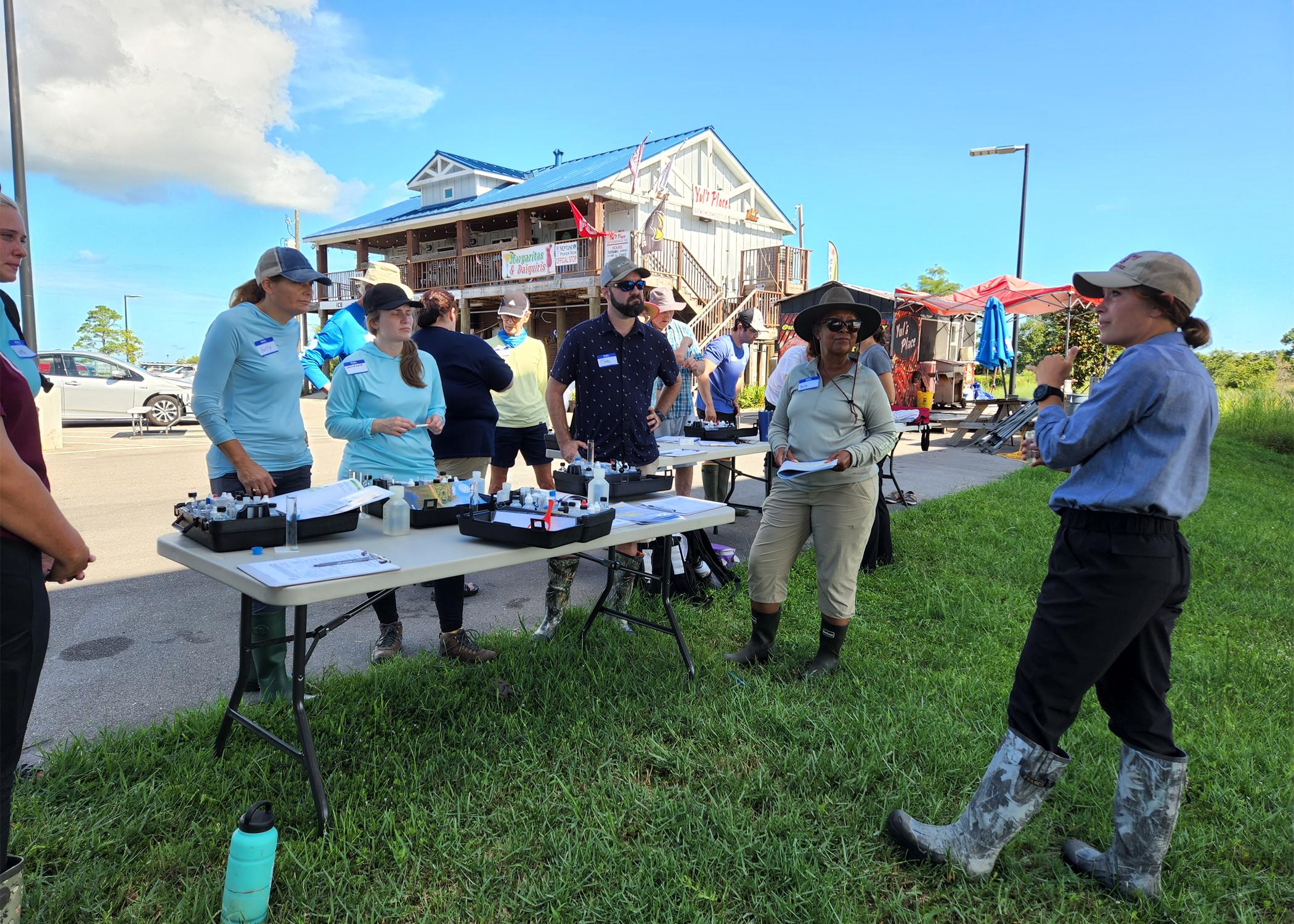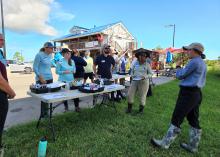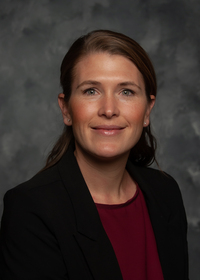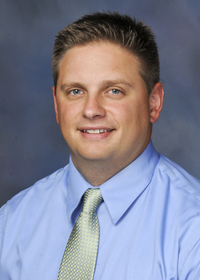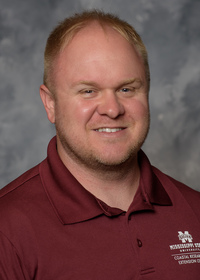New mini-grants will equip community water stewards
STARKVILLE, Miss. -- As communities realize the treasure they have in their water resources, many citizens and groups look for ways to preserve and improve the lakes, rivers and streams.
Beth Baker, a specialist in natural resource conservation in agroecosystems with the Mississippi State University Extension Service, said the university recently received a $100,000 environmental education grant to help these grassroots efforts go farther.
“Through the Mississippi Water Stewards Program, we will expand community-based watershed monitoring, with curricula designed to educate citizens about water science, pollution transport, monitoring, stewardship and utilizing data to take part in local decision-making around water resources,” Baker said.
Educating and equipping local individuals who are invested in their communities and interested in these efforts are key to this monitoring.
“The overarching goal of our efforts is to build capacity in local communities to understand water quality impairments, advance environmental literacy, increase capacity for monitoring and encourage engagement in local decision-making,” Baker said. “This will help to ensure safe and clean water for all Mississippians and to protect our diverse freshwater resources.”
The allocation from the Environmental Protection Agency will be used to provide mini-grants to community-based organizations that will lead one-year water monitoring and outreach programs. These organizations will be selected to strategically expand the Mississippi Water Stewards program in Mississippi communities, with special emphasis on the Jackson metro area.
“Any of our underserved areas are a higher priority for the mini-grant because negative climate and environmental impacts disproportionately affect impoverished communities,” Baker said.
The plan is to select five organizations for these mini-grants and partner with them to provide consistent educational training to 100 community monitors.
“These volunteers will be trained in the principles of water science and practices of water monitoring,” Baker said. “The Jackson area is an obvious place to work because of the multifaceted water challenges. This effort will provide education and skills to local citizens, empowering them to engage in local decision-making about water issues.”
Mississippi Water Stewards training is delivered through a hybrid approach that includes online training modules and an in-person workshop. Once trained, these volunteers will collect more than 220 data water quality observations across five watersheds.
Baker said embedded within the water stewards training workshops are listening sessions to gather feedback on critical environmental needs of that local community. Training organizers will gather information on what participants think are important issues related to water resource protection, air quality, climate change, recreational opportunities, health, human-wildlife conflicts, flood risk and more.
Adam Rohnke, Extension urban wildlife specialist, will take this information provided by stakeholders and use it to support curricula development of an MSU Extension Urban Stewards program, a potential urban workforce development program focused on the identified environmental needs from the communities.
“Drawing upon the success of the Mississippi Water Stewards and Mississippi Master Naturalist programs and networks, this proposed program’s intent is to not only build technical capacity in these critical environmental needs but to also prepare future workers to fill these roles within the proposed communities,” Rohnke said.
He added that this proposed program is in the idea stage but has real potential to contribute to both the environmental and employment needs of Mississippi communities.

